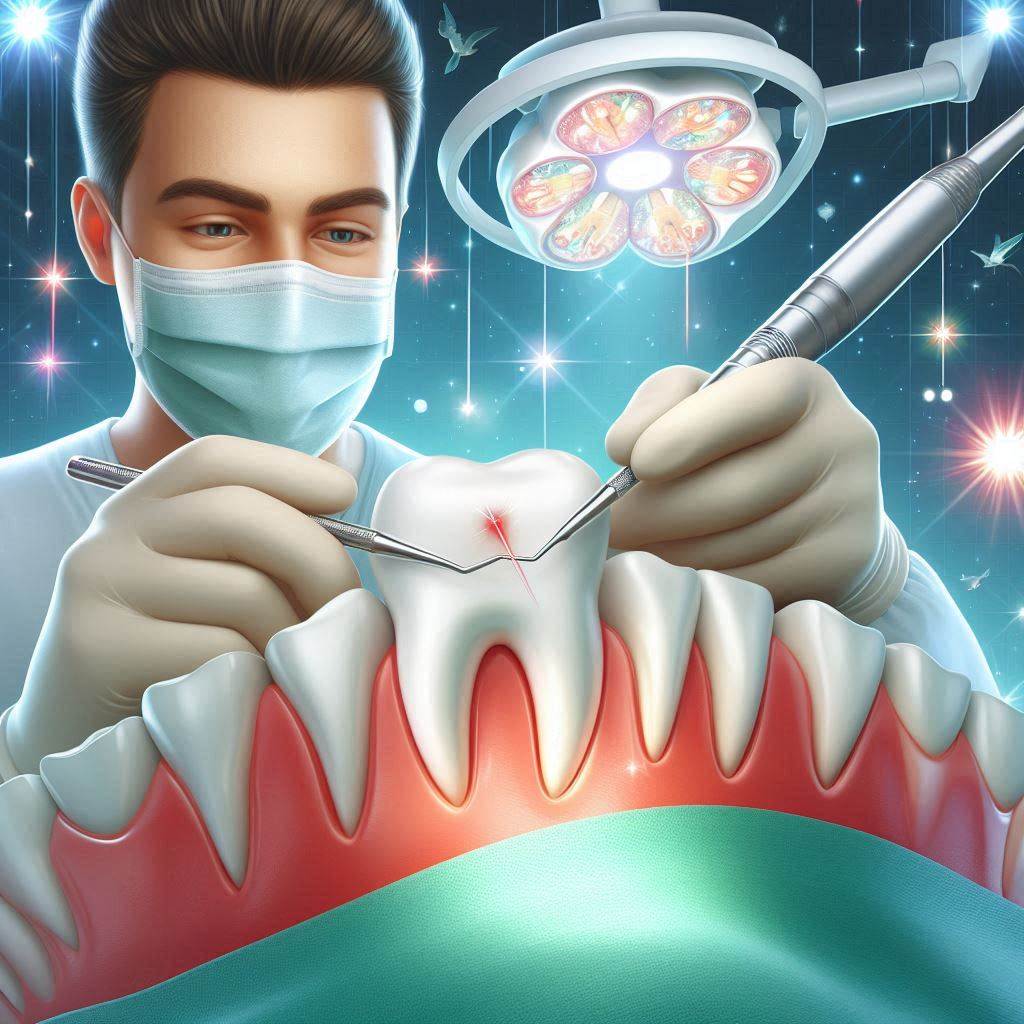Dental code wisdom tooth extraction
Wisdom tooth extraction is one of the most common dental procedures performed worldwide. Whether you’re a young adult experiencing pain from impacted wisdom teeth or an older individual addressing long-standing dental issues, understanding the process, costs, recovery, and potential complications is crucial. This comprehensive guide delves into every aspect of wisdom tooth extraction, from dental codes and costs to aftercare and recovery tips. By the end of this article, you’ll have a clear understanding of what to expect and how to navigate the journey of wisdom tooth removal with confidence.

Dental Code Wisdom Tooth Extraction Cost
Understanding Dental Codes
Dental procedures are categorized using specific codes, known as Current Dental Terminology (CDT) codes, which are standardized by the American Dental Association (ADA). These codes help streamline billing and insurance claims. For wisdom tooth extraction, the most common codes include:
- D7210: Extraction of an erupted tooth requiring removal of bone and/or tissue.
- D7220: Removal of an impacted tooth (soft tissue).
- D7230: Removal of an impacted tooth (partially bony).
- D7240: Removal of an impacted tooth (completely bony).
- D7241: Removal of an impacted tooth (completely bony, with unusual surgical complications).
Factors Influencing Cost
The cost of wisdom tooth extraction varies significantly based on several factors:
- Complexity of the Procedure: Impacted teeth requiring surgical removal are more expensive than simple extractions.
- Geographic Location: Dental costs vary by region and country.
- Dentist or Oral Surgeon Fees: Specialists often charge higher fees.
- Anesthesia Type: Local anesthesia is cheaper than general anesthesia or IV sedation.
- Insurance Coverage: Dental insurance may cover a portion of the cost, reducing out-of-pocket expenses.
Average Costs
| Procedure Type | Average Cost (USD) |
|---|---|
| Simple Extraction (Erupted) | 75−75−200 |
| Soft Tissue Impaction | 225−225−400 |
| Partial Bony Impaction | 300−300−600 |
| Complete Bony Impaction | 400−400−800 |
| Complicated Surgical Removal | 800−800−1,500 |
Dental Code Wisdom Tooth Extraction Recovery
What to Expect After Surgery
Recovery from wisdom tooth extraction typically takes 7-10 days, though complete healing may take several weeks. Here’s a breakdown of the recovery timeline:
- First 24 Hours: Bleeding, swelling, and discomfort are common. Gauze pads and ice packs can help manage these symptoms.
- Days 2-3: Swelling peaks, and a soft diet is recommended. Avoid strenuous activities.
- Days 4-7: Swelling and pain subside. Gradual return to normal activities.
- Week 2 and Beyond: Stitches dissolve (if used), and the extraction site heals completely.
Tips for a Smooth Recovery
- Follow Post-Operative Instructions: Adhere to your dentist’s guidelines for medication, diet, and oral hygiene.
- Manage Pain and Swelling: Use prescribed painkillers and apply ice packs.
- Maintain Oral Hygiene: Gently rinse with salt water to keep the area clean.
- Avoid Certain Foods: Stick to soft foods like yogurt, mashed potatoes, and soup.
- Rest: Allow your body to heal by avoiding physical exertion.
Wisdom Tooth Extraction Cost
Breakdown of Costs
The total cost of wisdom tooth extraction includes several components:
- Consultation Fee: 50−50−200.
- X-Rays: 50−50−150.
- Extraction Fees: Varies based on complexity (see table above).
- Anesthesia: 100−100−500.
- Post-Operative Care: 50−50−200 for follow-up visits and medications.
Insurance and Payment Options
Most dental insurance plans cover a portion of wisdom tooth extraction costs, especially if the procedure is deemed medically necessary. Payment plans and financing options are also available through many dental offices.
Dental Code Wisdom Tooth Extraction Aftercare
Immediate Aftercare
- Bleeding Control: Bite down on gauze for 30-45 minutes post-surgery.
- Swelling Reduction: Apply ice packs for 15-20 minutes at a time.
- Pain Management: Take prescribed or over-the-counter pain relievers.
Long-Term Aftercare
- Oral Hygiene: Brush gently and avoid the extraction site for the first few days.
- Diet: Gradually reintroduce solid foods as healing progresses.
- Follow-Up Visits: Attend all scheduled appointments to monitor healing.
Wisdom Tooth Extraction for Older Adults
Unique Considerations
Older adults may face additional challenges during wisdom tooth extraction, including:
- Bone Density Issues: Weaker bones can complicate extraction.
- Medical Conditions: Conditions like diabetes or osteoporosis may affect healing.
- Medications: Blood thinners or other medications may require adjustments.
Benefits of Extraction for Older Adults
- Relief from chronic pain or infection.
- Prevention of further dental complications.
- Improved oral health and quality of life.
Dental Code Wisdom Tooth Extraction Complications
Common Complications
- Dry Socket: Occurs when the blood clot dislodges, exposing the bone.
- Infection: Signs include fever, swelling, and pus.
- Nerve Damage: Rare but can cause numbness or tingling.
- Excessive Bleeding: Prolonged bleeding may require medical attention.
Prevention and Management
- Follow aftercare instructions meticulously.
- Avoid smoking and using straws.
- Contact your dentist if complications arise.
Wisdom Tooth Extraction Recovery
Detailed Recovery Timeline
| Day(s) Post-Surgery | Symptoms and Care Tips |
|---|---|
| 1-2 | Bleeding, swelling, pain. Use gauze and ice packs. |
| 3-5 | Swelling peaks. Stick to soft foods. |
| 6-10 | Gradual improvement. Resume light activities. |
| 10+ | Complete healing. Return to normal diet and activities. |
Conclusion
Wisdom tooth extraction is a common but significant dental procedure that requires careful consideration of costs, recovery, and aftercare. By understanding the dental codes, potential complications, and recovery process, you can approach the procedure with confidence and ensure a smooth healing journey.
FAQs
- How long does wisdom tooth extraction take?
- The procedure typically takes 45 minutes to 1 hour, depending on complexity.
- Is wisdom tooth extraction painful?
- The procedure itself is painless due to anesthesia, but some discomfort is expected during recovery.
- Can I drive home after the procedure?
- If you receive sedation, you’ll need someone to drive you home.
- When can I return to work or school?
- Most people return within 2-3 days, depending on their recovery.
Additional Resources
- American Dental Association (ADA)
- National Institute of Dental and Craniofacial Research
- WebMD: Wisdom Tooth Extraction


